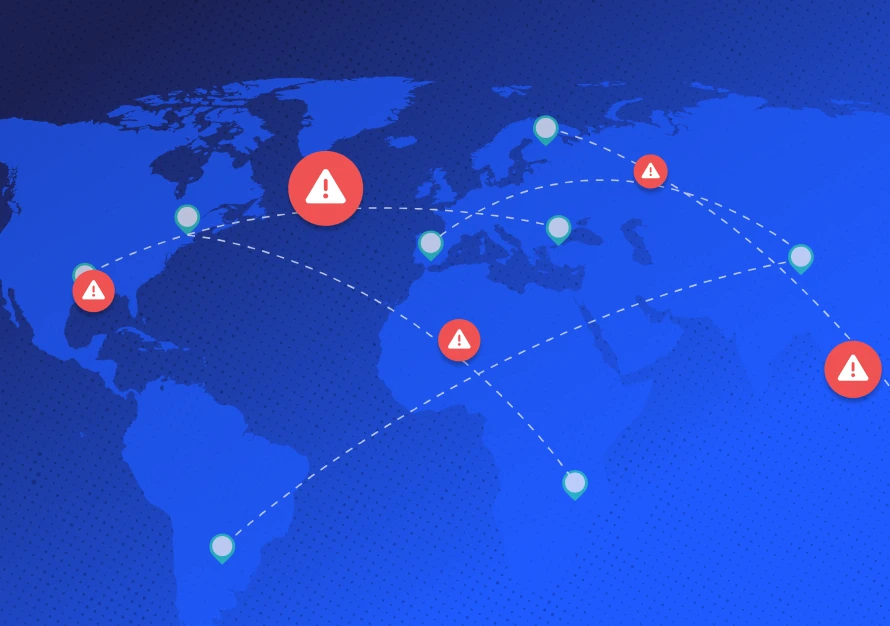PPE turnover ratio, or fixed asset turnover, tells you how many dollars of sales your company receives for each dollar invested in property, plant, and equipment (PPE). How to calculate PPE turnover depends on all three of these assets. In other words, this formula is used to understand how well the company is utilizing their equipment to generate sales.
For investors and stakeholders this is extremely crucial because they want to ensure there’s an approximate measure for return on their investment. Credit lenders also look at PPE turnover ratio to make sure the company can produce enough revenue from a new piece of equipment and then in return pay back the loan they used to purchase it.
Calculating the PPE Turnover Ratio
The fixed asset turnover ratio formula is calculated by dividing net sales by the total property, plant, and equipment net of accumulated depreciation.

Since using the gross equipment values would be misleading, it’s recommended to use the net asset value that’s reported on the balance sheet by subtracting the accumulated depreciation from the gross.
Businesses often purchase and sell equipment throughout the year, so it’s common for investors and credit lenders to use an average net asset figure for the denominator by adding the beginning balance to the ending balance and dividing by two.
Low vs. High Turnover Ratio—What Do They Mean?
A high turnover indicates that assets are being utilized efficiently and large amount of sales are generated using a small amount of assets.
Additionally, it could mean that the company has sold off its equipment and started to outsource its operations. Outsourcing would maintain the same amount of sales but decrease the investment in equipment at the same time.
A low turnover indicates that the company isn’t using its assets to their fullest extent. This could be due to a variety of factors such as:
- producing items that no one wants to buy
- overestimating the demand for their product and over investing in the equipment to produce them
- manufacturing problems occurs like a bottleneck in the value chain that held up production and resulted in fewer than anticipated sales
How to Increase PPE Turnover Ratio
- Increase Sales: Your equipment may be producing more products than you can sell in a reasonable time. Find ways to move those products more quickly, including discounting bulk purchases, holding sales on old products, or initiating promotional campaigns.
- Improve Efficiency: Examine all the ways your property, plant, and equipment are being utilized and improve the output you get from those assets.
- Sell Your Assets: For assets you don’t use or only use occasionally, it may be best to sell these because they do not produce any income for your business. Sell any fixed assets that do not improve your bottom line on a regular basis, and lease equipment to make up for the sold assets.
- Accelerate Collections: If you count sales at the same time you collect money from customers, you may not be collecting quickly enough. This will keep your sales figure low during any given period, so it’s important to find ways to collect more quickly.
- Computerize Inventory and Order Systems: To ensure efficiency, analyze how products move through your company to the customer. You can do this by computerizing your orders, inventory, and billing so that you can improve cash flow.

.svg)

.svg)
.svg)

.svg)

.svg)








